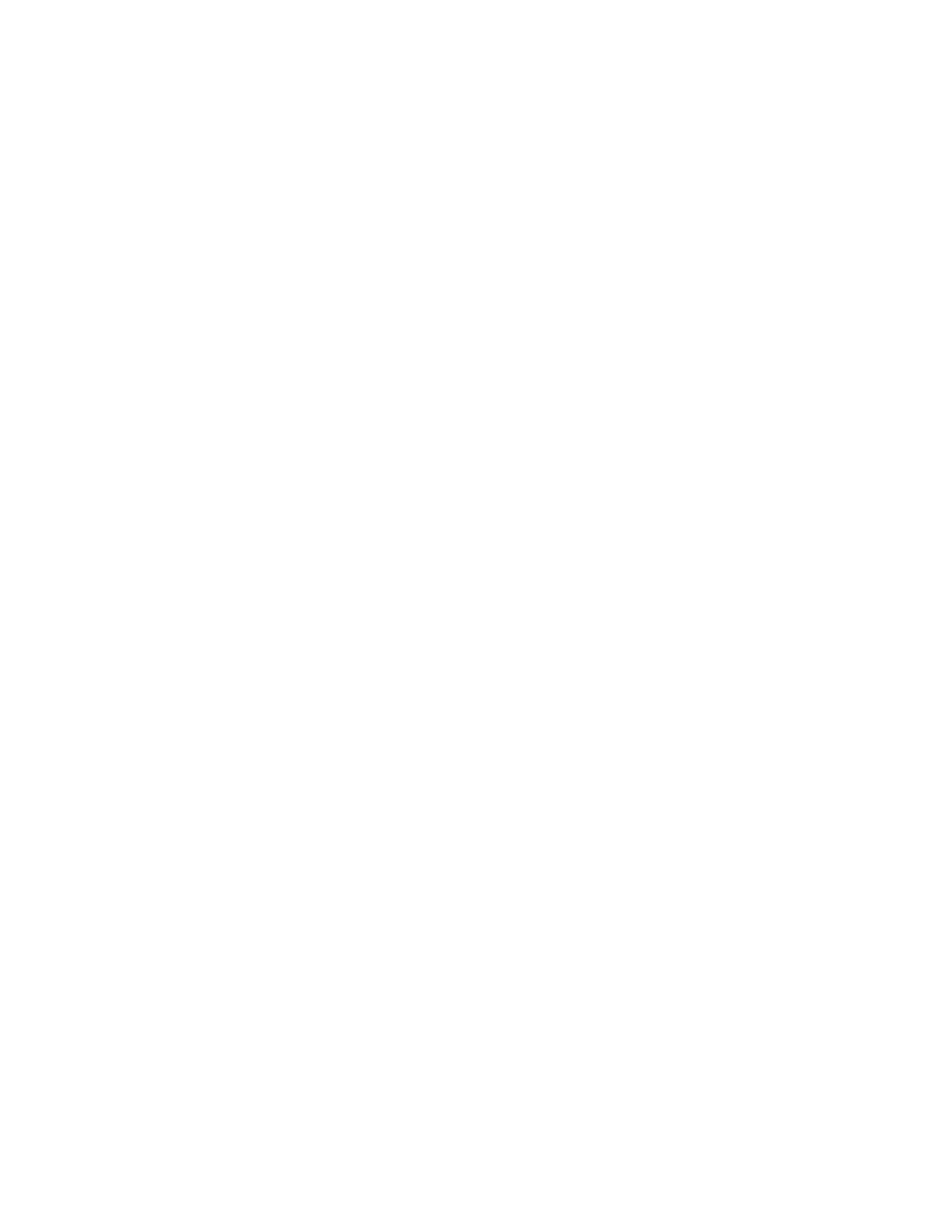
97
Students are expected to comply with the following academic standards:
A. Original Work:
Assignments such as course preparations, exams, texts, projects, term papers,
practicum, and other work,
must be
the original work of the student. Original
work may include the thoughts and words of another author. Entire thoughts or
words of another author should be identified using quotation marks and page
numbers. At all times, students are expected to comply with the university and/or
program center’s recognized form and style manual and accepted citation practice
and policy.
Work is not original when it has been submitted previously by the author or by
anyone else for academic credit. Work is not original when it has been copied or
partially copied from any other source, including another student/person, unless
such copying is acknowledged by the person submitting the work for credit at the
time the work is being submitted, or unless copying, sharing, or joint authorship
is an express part of the assignment. Exams and tests are original work when no
unauthorized aid is given, received, or used before or during the course of the
examination, re-examination, and/or remediation.
B. Referencing the Works of Another Author:
All academic work submitted for credit or as partial fulfillment of course
requirements must adhere to each program center’s specific accepted reference
manuals and rules of documentation. Standards of scholarship require that the
writer give proper acknowledgment when the thoughts and words of another
author are used. Students must acquire a style manual approved by their center
and become familiar with accepted scholarly and editorial practice in their
program. Students’ work must comport with the adopted citation manual for their
particular center.
At Nova Southeastern University, it is plagiarism to represent another person’s
work, words, or ideas as one’s own without use of a center-recognized method of
citation. Deviating from center standards (see above) is considered plagiarism at
Nova Southeastern University.
C. Tendering of Information:
All academic work must be the original work of the student. Giving or allowing
one’s work to be copied, giving out exam questions or answers, or releasing or
selling term papers is prohibited.
D. Acts Prohibited:
Students should avoid any impropriety or the appearance thereof, in taking
examinations or completing work in pursuance of their educational goals.
Violations of academic responsibility include, but are not limited to the following:
• Plagiarism
• Any form of cheating
• Conspiracy to commit academic dishonesty
• Misrepresentation
• Bribery in an attempt to gain an academic advantage
• Forging or altering documents or credentials
• Knowingly furnishing false information to the institution


